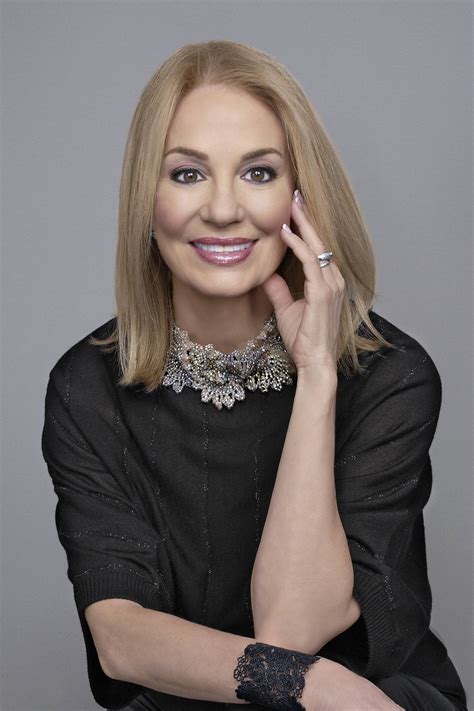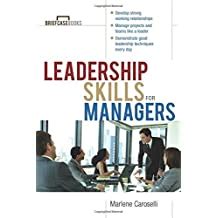A Quote by John W. Gardner
Perhaps the most promising trend in our thinking about leadership is the growing conviction that the purposes of the group are best served when the leader helps followers develop their own initiative, strengthens them in the use of their own judgment, enables them to grow, and to become better contributors.
Related Quotes
Leader and followers are both following the invisible leader - the common purpose. The best executives put this common purpose clearly before their group. While leadership depends on depth of conviction and the power coming therefrom there must also be the ability to share that conviction with others, the ability to make purpose articulate. And then that common purpose becomes the leader.
More than anything else today, followers believe they are part of a system, a process that lacks heart. If there is one thing a leader can do to connect with followers at a human, or better still a spiritual level, it is to become engaged with them fully, to share experiences and emotions, and to set aside the processes of leadership we have learned by rote.
Some kids have never seen what a real tomato looks like off the vine. They don't know where a cucumber comes from. And that really affects the way they view food. So a garden helps them really get their hands dirty, literally, and understand the whole process of where their food comes from. And I wanted them to see just how challenging and rewarding it is to grow your own food, so that they would better understand what our farmers are doing every single day across this country and have an appreciation for ... that American tradition of growing our own food and feeding ourselves.
I'm the CEO of a small growing company, and at each stage of our growth, it's become apparent to me that I need to adapt my leadership style and learn new approaches. When I completed the assessment, asking my own team to provide feedback on the 15 qualities of presence, I learned a lot about the leader I have yet to become.
Moral authority is another way to define servant leadership because it represents a reciprocal choice between leader and follower. If the leader is principle centered, he or she will develop moral authority. If the follower is principle centered, he or she will follow the leader. In this sense, both leaders and followers are followers. Why? They follow truth. They follow natural law. They follow principles. They follow a common, agreed-upon vision. They share values. They grow to trust one another.
The solution is to gradually become free of societal rewards and learn how to substitute for them rewards that are under one's own powers. This is not to say that we should abandon every goal endorsed by society; rather, it means that, in addition to or instead of the goals others use to bribe us with, we develop a set of our own.
Thus, for followers of Christ, calling neutralizes the fundamental position of choice in modern life. “I have chosen you,” Jesus said, “you have not chosen me.” We are not our own; we have been bought with a price. We have no rights, only responsibilities. Following Christ is not our initiative, merely our response, in obedience. Nothing works better to debunk the pretensions of choice than a conviction of calling. Once we have been called, we literally “have no choice.
When you coach and teach leadership, most people think about them. It's like you're the leader and how do you influence them. Clearly, leaders do take their followers, their flock, their enterprise, their business - whatever - hopefully to a better place. But I think the foundation of what makes really great leaders is they lead themselves, and they're conscious about knowing themselves and coaching and leading themselves in a very profound way. The simplest of us talk to ourselves. The question is, "Do we really lead ourselves?"
You have to look at leadership through the eyes of the followers and you have to live the message. What I have learned is that people become motivated when you guide them to the source of their own power and when you make heroes out of employees who personify what you want to see in the organization.
To use books rightly, is to go to them for help; to appeal to them when our own knowledge and power fail; to be led by them into wider sight and purer conception than our own, and to receive from them the united sentence of the judges and councils of all time, against our solitary and unstable opinions.
Often, in a given project team or network, one sees leadership roles shifting among various members at various times. Attempts to fit these into traditional views of "leader" and "follower" don't quite work. It's more like Twitter: the "leader" has "followers" - but the "followers" are empowered to alter the relationship unilaterally, and the "leader" must continually earn the consent of the "followers."




































